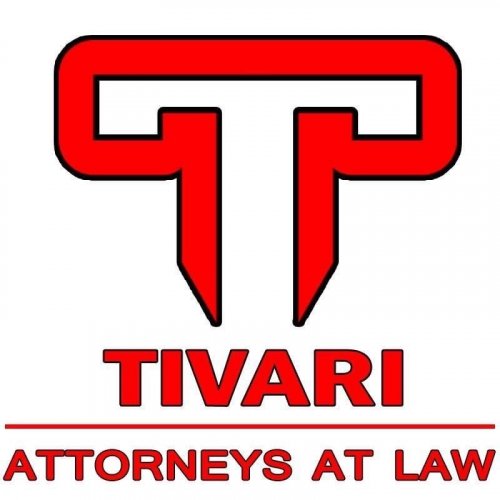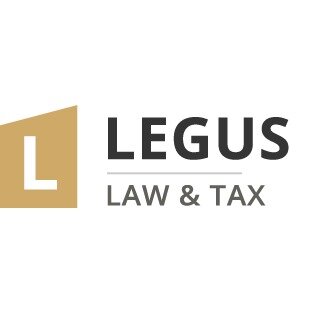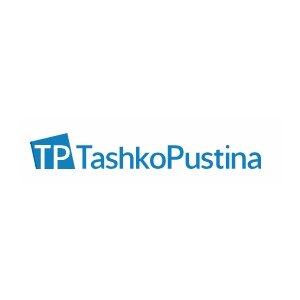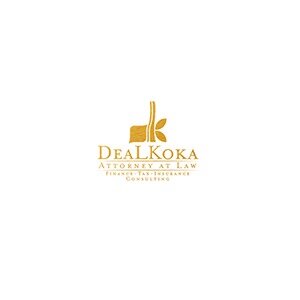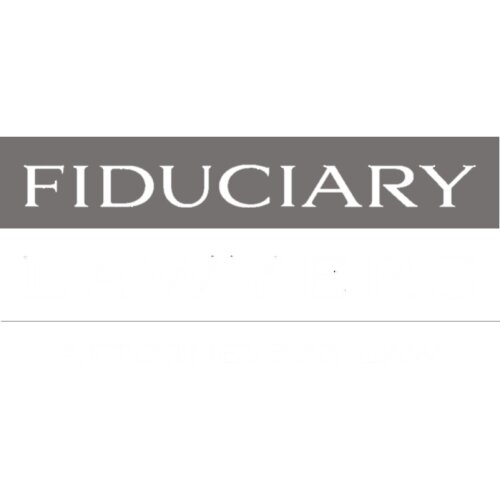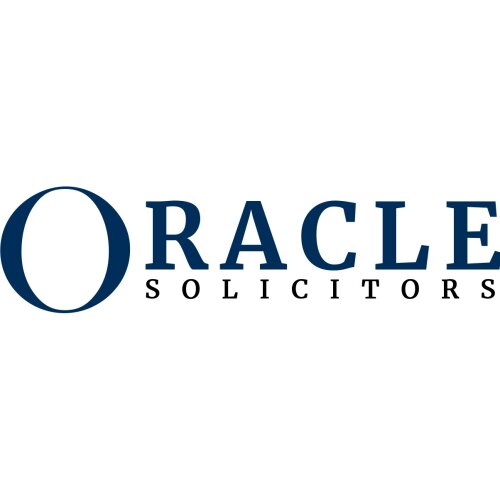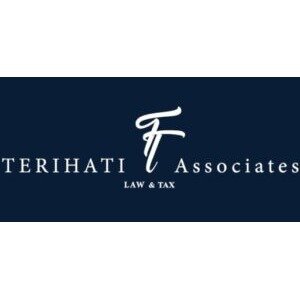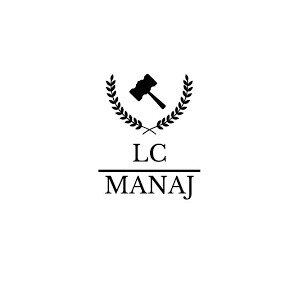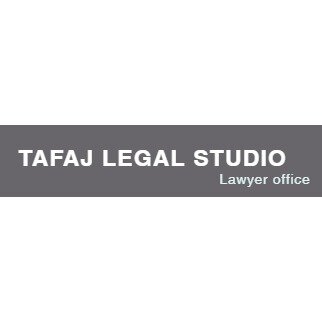Best Energy Regulatory Law Lawyers in Tirana
Share your needs with us, get contacted by law firms.
Free. Takes 2 min.
List of the best lawyers in Tirana, Albania
About Energy Regulatory Law in Tirana, Albania
Energy Regulatory Law in Tirana, Albania refers to the body of rules, regulations, and policies that govern the generation, transmission, distribution, and supply of energy within the country, especially electricity, natural gas, and renewable sources. The law is shaped by Albania’s commitment to liberalize its energy markets, comply with European Union standards, and encourage investments in clean and sustainable energy. The Energy Regulatory Entity (ERE) plays a central role in supervising market participants, issuing licenses, setting tariffs, and protecting consumer rights.
Why You May Need a Lawyer
The field of Energy Regulatory Law is complex and constantly evolving. Individuals and businesses may need the guidance of a specialized lawyer in various situations, such as:
- Navigating the licensing process to generate, distribute, or supply electricity or gas
- Resolving disputes with the Energy Regulatory Entity or other market participants
- Understanding compliance obligations with environmental and safety standards
- Negotiating contracts for energy purchase, sale, or distribution
- Dealing with electricity tariffs, billing issues, or service interruptions
- Participating in renewable energy projects and understanding applicable incentives
- Handling matters regarding land use or permits for energy infrastructure development
- Addressing allegations of violations or breaches of regulatory requirements
A dedicated lawyer can help you minimize legal risks, ensure your rights are protected, and provide practical solutions tailored to your circumstances.
Local Laws Overview
Albania’s legal framework for energy regulation is primarily based on the Law on the Power Sector, the Law on the Natural Gas Sector, and related bylaws. Some key aspects relevant to Tirana include:
- The Energy Regulatory Entity (ERE) issues licenses for all major energy activities and ensures fair competition
- Tariffs for electricity and gas are approved and supervised by ERE, considering both commercial and household consumers
- Private investment, especially in renewable energy like hydropower, solar, and wind, is promoted through incentives such as feed-in tariffs and competitive auctions
- Environmental regulations are closely tied to energy projects to align with sustainable development goals and EU integration requirements
- Consumers are granted specific rights, including the right to fair billing, dispute resolution, and switching suppliers, while being protected from unjustified service interruptions
- Transmission and distribution systems remain subject to public oversight to ensure reliability and non-discriminatory access
Frequently Asked Questions
What is the role of the Energy Regulatory Entity (ERE) in Albania?
The ERE is the independent regulatory authority responsible for overseeing the electricity and gas markets. Its main functions include issuing licenses, setting tariffs, enforcing regulations, resolving disputes, and promoting competition and consumer protection.
Can a foreign company invest in Albania's energy sector?
Yes, foreign investment is permitted and encouraged in the Albanian energy sector, particularly in renewable energy projects. Investors must meet licensing requirements and adhere to relevant laws and regulations.
What are the main steps to obtain a license for energy production in Tirana?
Applicants must submit a formal request to the ERE, providing technical, legal, and financial documentation of their project. The ERE reviews the application, holds public consultations if necessary, and issues a decision within a set timeframe.
Are energy tariffs regulated or market-based in Tirana?
Energy tariffs for many consumer groups, especially households, are regulated by the ERE. Market-based pricing applies to eligible consumers and under certain competitive market segments, mainly for large-scale or industrial users.
What incentives are available for renewable energy projects?
Albania offers feed-in tariffs, contract auctions, streamlined permitting processes, and, in some cases, customs and tax incentives to promote renewable energy investments.
How can consumers resolve disputes with energy suppliers?
Consumers should first try to resolve issues directly with their supplier. If unresolved, they can file a complaint with the ERE, which acts as a mediator and, if needed, makes legally binding decisions.
What rights do household consumers have in the energy market?
Household consumers are entitled to clear information about tariffs, fair billing, the right to switch suppliers, protection against arbitrary disconnections, and access to dispute resolution mechanisms.
How does energy law in Albania align with European Union legislation?
Albania is part of the Energy Community Treaty and is progressively harmonizing its energy laws and regulations with EU directives, especially regarding market liberalization, competition, and environmental standards.
Is environmental permitting required for energy projects in Tirana?
Yes, most energy projects require environmental permits and assessments, especially if they may significantly impact the environment. Compliance with environmental laws is strictly monitored.
What are the main challenges in the Albanian energy regulatory environment?
Challenges include legal complexity, administrative delays in licensing, the need for enhanced market competition, ongoing alignment with EU standards, and the balance between development and environmental protection.
Additional Resources
For more information and assistance, you may consult the following institutions and organizations:
- Energy Regulatory Entity (Enti Rregullator i Energjisë - ERE) - Main regulatory authority for energy matters
- Ministry of Infrastructure and Energy of Albania - Policy making and sector supervision
- National Environmental Agency - Authority responsible for environmental permitting and oversight
- Albanian Power Corporation (KESH) - Main state-owned power generation company
- Distribution System Operator (OSHEE) - Company managing electricity distribution to consumers
- Chamber of Commerce and Industry Tirana - Provides guidance and support to businesses in the sector
- Local legal aid organizations for advice on dispute resolution and regulatory compliance
Next Steps
If you require legal assistance related to Energy Regulatory Law in Tirana, Albania, consider the following steps:
- Clearly identify your issue or objective, such as licensing, dispute resolution, or contract negotiation
- Gather and organize all relevant documents, including correspondence with authorities, contracts, or project plans
- Consult with a specialized lawyer or legal firm experienced in energy regulatory matters
- Contact the Energy Regulatory Entity or relevant government body for initial information
- Engage your legal counsel to represent your interests, prepare formal applications, or negotiate with other parties as required
- If you are a consumer, use the complaint procedures provided by the ERE or other relevant authorities
- Stay informed about ongoing changes in legislation and regulatory practice, as the energy sector in Albania is subject to continuous reform
Proactively seeking professional legal advice can help you safeguard your rights, succeed in your energy-related projects, and avoid costly mistakes in the evolving regulatory landscape of Tirana, Albania.
Lawzana helps you find the best lawyers and law firms in Tirana through a curated and pre-screened list of qualified legal professionals. Our platform offers rankings and detailed profiles of attorneys and law firms, allowing you to compare based on practice areas, including Energy Regulatory Law, experience, and client feedback.
Each profile includes a description of the firm's areas of practice, client reviews, team members and partners, year of establishment, spoken languages, office locations, contact information, social media presence, and any published articles or resources. Most firms on our platform speak English and are experienced in both local and international legal matters.
Get a quote from top-rated law firms in Tirana, Albania — quickly, securely, and without unnecessary hassle.
Disclaimer:
The information provided on this page is for general informational purposes only and does not constitute legal advice. While we strive to ensure the accuracy and relevance of the content, legal information may change over time, and interpretations of the law can vary. You should always consult with a qualified legal professional for advice specific to your situation.
We disclaim all liability for actions taken or not taken based on the content of this page. If you believe any information is incorrect or outdated, please contact us, and we will review and update it where appropriate.




